Suan Dusit University (SDU) reinforces its mission as a leading higher education institution committed to advancing the Sustainable Development Goals (SDGs) through NGO collaboration. The university recognizes that partnerships with civil society organizations are key drivers for transformative education, community engagement, and sustainability innovation. In particular, SDU has actively partnered with non-governmental organizations (NGOs) to promote sustainable tourism, enhance academic capacity, and develop educational and research initiatives that directly support the achievement of the SDGs.
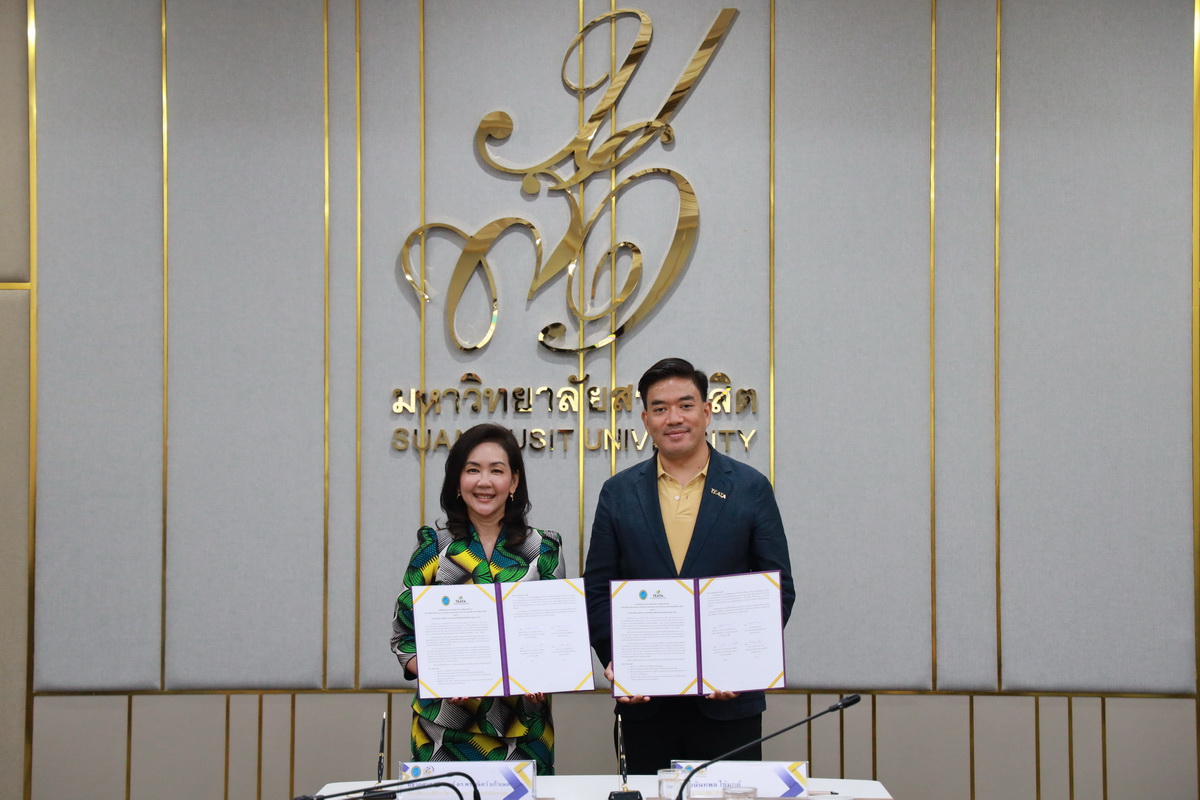
In 2024, SDU’s School of Tourism and Hospitality Management formalized a strategic partnership with the Thai Ecotourism and Adventure Travel Association (TEATA)—a nationally recognized NGO working to promote responsible and environmentally conscious tourism practices. On 9 December 2024, both parties signed a Memorandum of Understanding (MOU) titled “Enhancing the Capacity of Students and Workforce in the Tourism and Hospitality Industry toward Environmental and Sustainable Tourism.” The ceremony was held at Suan Dusit University, with Asst. Prof. Dr. Pimlada Wichasilp, Dean of the School of Tourism and Hospitality Management, and Asst. Prof. Dr. Pornchanit Kaewnet, Vice President for Academic Affairs and International Relations, representing the university, and Mr. Nuntapol Khaimuk, Vice President of TEATA, signing on behalf of the association.
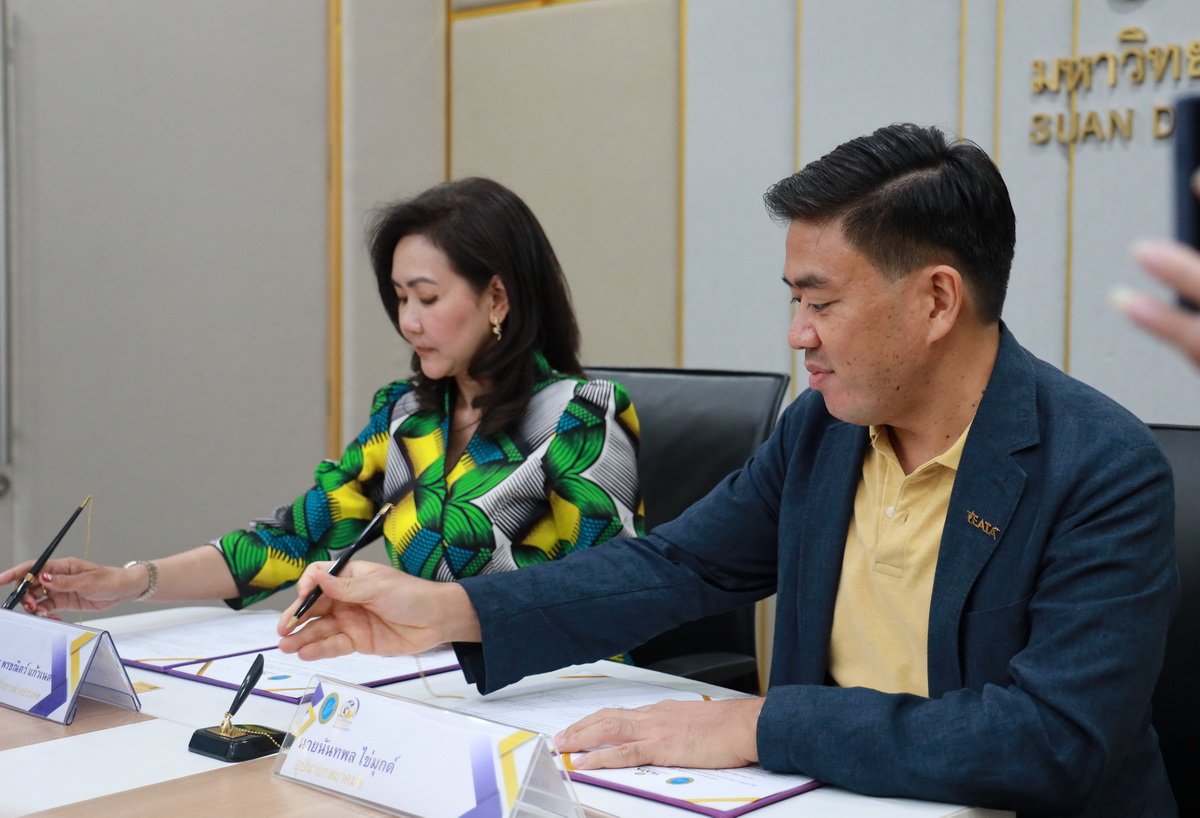
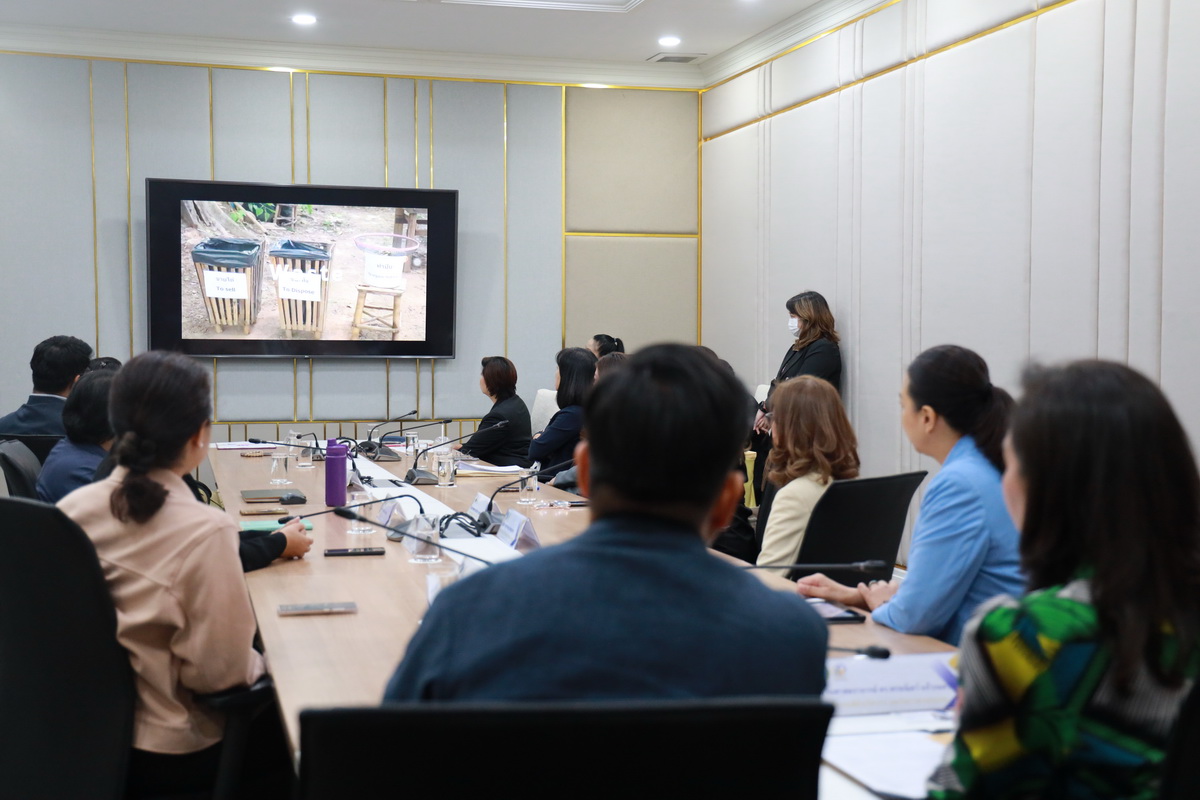
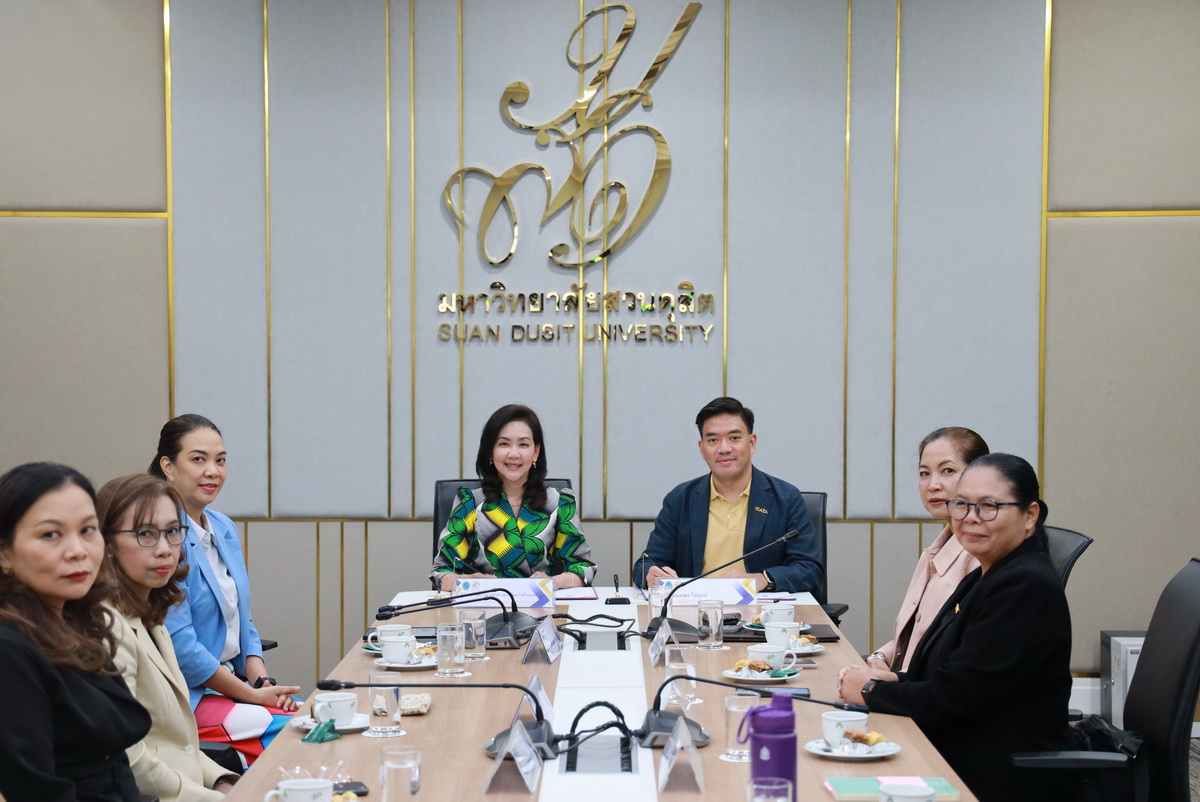
This collaboration exemplifies SDU’s proactive engagement in NGO partnerships for sustainable development, encompassing three major dimensions of the THE evaluation framework:
- Student Volunteering Programmes – The partnership supports student volunteering and experiential learning activities in eco-tourism and community-based tourism, allowing students to engage directly with TEATA’s conservation and sustainability projects. These opportunities cultivate responsible citizenship and environmental awareness among students through hands-on participation in real-world sustainable tourism initiatives.
- Research Programmes – SDU and TEATA jointly promote research partnerships to strengthen academic and professional knowledge in areas such as ecotourism policy, green tourism innovation, and sustainable hospitality management. The collaboration fosters co-created research projects and policy dialogues that align with SDG 8 (Decent Work and Economic Growth), SDG 12 (Responsible Consumption and Production), and SDG 17 (Partnerships for the Goals).
- Development of Educational Resources – The MOU also outlines the development of educational resources, including sustainability-focused training curricula, handbooks, and learning materials for students, tour guides, and hospitality professionals. These resources are designed to advance sustainable practices and raise awareness of environmental responsibility within the tourism sector.
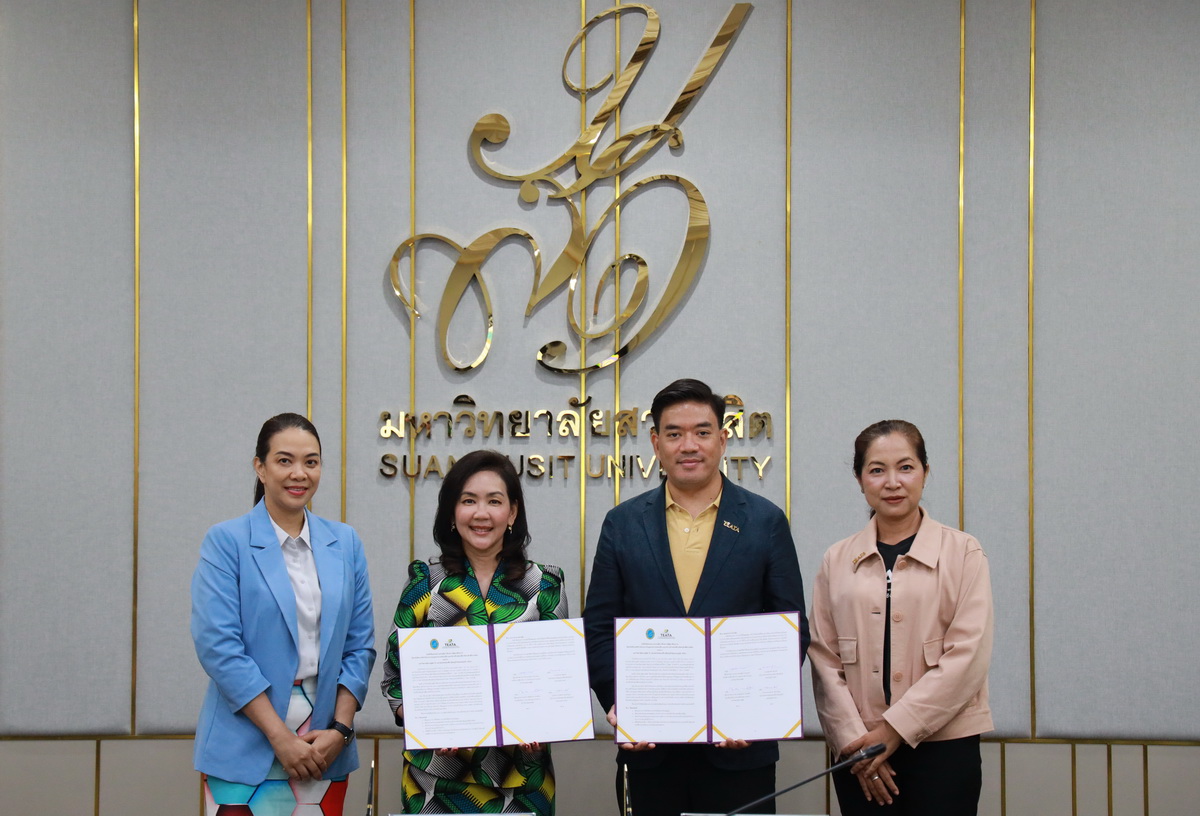
Through this partnership, SDU has created a framework for sustainable tourism capacity building, focusing on developing the skills, knowledge, and attitudes necessary for sustainable management in the hospitality and tourism industry. The collaboration not only enhances academic outcomes but also contributes to knowledge exchange between academia and NGOs, bridging the gap between theory and practice in sustainability education.
At the policy level, this partnership represents a concrete example of SDG partnership for impact, demonstrating how universities can act as knowledge brokers that link education, civil society, and industry to deliver practical solutions for sustainable development. By combining academic expertise with NGO field experience, SDU is helping to shape a generation of sustainability-minded professionals and strengthening Thailand’s capacity to meet global sustainability targets.
Based on the criteria of THE Sustainability Impact Ratings 2026, this activity fully meets all evaluation components of the SDG 17.2.5 indicator:
- Existence of collaboration: Confirmed through the formal MOU between SDU and TEATA.
- Evidence provided: Verified with official documentation, participants’ details, and a clear description of objectives and scope.
- Publicly available: Published on Suan Dusit University’s official website, accessible to the public.
In conclusion, the collaboration between Suan Dusit University and the Thai Ecotourism and Adventure Travel Association (TEATA) represents an exemplary model of university–NGO partnership that integrates student volunteering, research collaboration, and educational resource development to tackle the SDGs. It illustrates SDU’s strong commitment to building impactful partnerships that drive innovation, promote sustainable tourism, and empower future generations to lead the transition toward a more sustainable and inclusive world.
Publicly Available Evidence
Suan Dusit University. (2024). “MOU Signing Ceremony between Suan Dusit University and the Thai Ecotourism and Adventure Travel Association (TEATA).”
https://www.dusit.ac.th/home/2024/1390615.html
